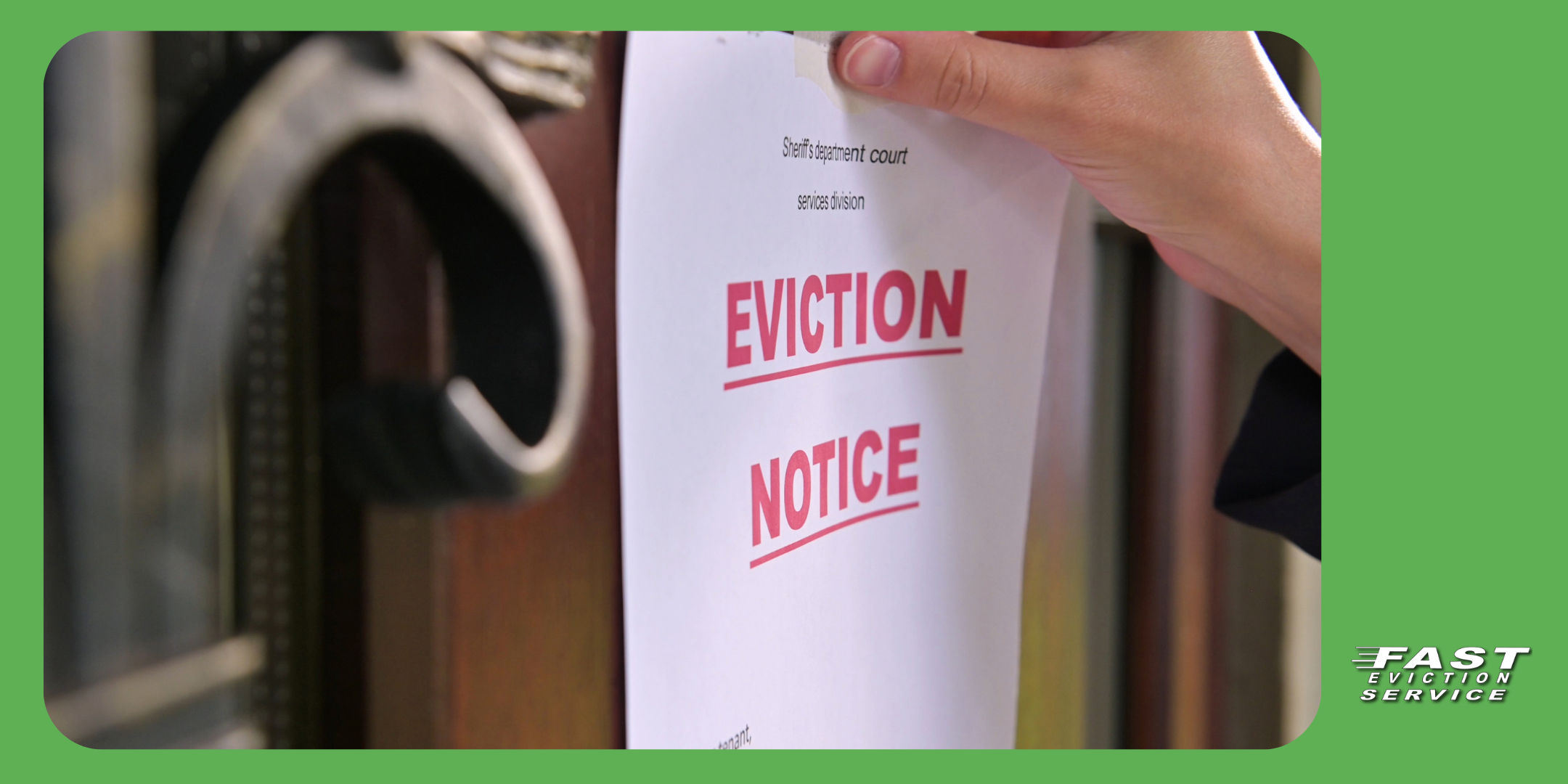On June 25th, 2021 the Governor of California Gavin Newsom and other legislative leaders came to an agreement to extend the current California eviction moratorium until the end of September 2021. The agreement comes a week before SB91 was set to expire on June 30th, 2021.
As of Wednesday, June 29th, AB 832 has been signed into law by Governor Gavin Newsom.

Along with the extension, they have also come to an agreement to expand the payment of owed back rent from 80% to up to 100% for many low income families who were financially affected by COVID-19.
Since the start of the rental relief payment program in March, designed to help tenants and landlords recover owed rent during the COVID-19 state of emergency, millions of dollars of the assistance fund has gone unclaimed. Leaders believe giving tenants and landlords more time will encourage them to seek these funds for relief.
Other legislative leaders think the California eviction moratorium was extended in an attempt to avoid mass evictions and the overwhelming of the already saturated court system.
Newsom and state leaders believe that by changing the original plan of landlords forgiving 20% of the rent owed and accepting only 80% to being able to receive up to 100% of owed rent during the COVID-19 emergency, it will encourage more landlords to work with tenants to go through the application process.
Important AB 832 Takeaways
- The ban on a landlord’s prohibition from interrupting utility services will be extended through October 1, 2021.
- Existing law prohibiting evictions for a cause of action for other than non-payment of rent if the landlord is retaliating for the tenant’s non-payment of rent will continue to October 1, 2021.
- Prohibition on foreclosure actions for Small Landlords will be extended to 12/01/2021
- Ban on Small Claims for unpaid debt is extended to November 1, 2021 with the no cap extended to October 1, 2025
- Existing law requiring landlord to investigate whether governmental assistance is available which sunsets on July 1, 2027 has been extended. With AB 832, a landlord must continue to provide the tenant with the rental assistance application and must also apply. The rental assistance, if available, has been upped to 100% of the unpaid rent.
- Ban on attorney fees beyond certain limits continues to October 1, 2025
- Tenants Protection Act currently in existence will be extended to 10/01/2025 requiring the same Information Disclosure Notices
- Civil Code Section 1942.5 extends the ban on evictions for retaliation against a tenant who attempts to use the Tenants Protection act until October 1, 2021 and provides for civil penalties and damages against landlords who violate this provision. The tenant can collect actual damages, punitive damages up to $2,000.00 for each incident, attorney fees to the prevailing party
- Civil Code Section 1179.02 will be amended to sunset on 09/30/2021 and continues the definitions of COVID-19 related financial distress that currently exist. The Blank Financial Distress Declaration that must be served with every 15 Day Notice to Pay Rent or Quit remains the same.
- Civil Code Section 1179.03 requirement of a 15-Day Notice is extended to September 30, 202.
- After October 1, 2021 under AB 832, a tenant can be found guilty of unlawful detainer as follows:
- if the tenant was guilty before March 1, 2020
- The tenant failed to comply with the Covid-19 reporting requirements
- At fault evictions as defined in Civil Code Section 1946.2
- A no-fault eviction can be started on the grounds (1) landlord’s intent to demolish or substantially remodel the rental unit (2) owners contract to sell with a buyer who intends to occupy the rental unit no relocation payment required.
- Non-payment of rent service of a 3-Day Notice to Pay Rent or Quit begins again. New law requires the landlord to verify under the penalty of perjury that the landlord has applied for rental assist relief funding waiting at least 20 days after applying, verify under penalty of perjury that the tenant was informed of his or her rights for rental assistance funding and if the landlord has not received any information from the government or tenant the landlord can begin the unlawful detainer action.
- Qualifying tenant is a tenant whose income is less than 80% of the area’s median income. The state is to pay 100% of all unpaid covid-rent up from 80% for a qualifying tenant and landlord.
- The new bill prohibits cities and counties from adopting eviction moratoria from now through March 22, 2022.
AB 832 One Time Notice from the State of California
The landlord is required to provide a one time Notice from the State of California to every tenant who has missed at least one rent payment from March 1st, 2020 through September 30, 2021 (The AB 832 covered time frame). The notice must be served only once before July 31st, 2021 to every tenant that qualifies, even though you don’t plan on filing for an eviction.
The notice must be in 12 point type. Please copy the notice and make as many copies as you wish.
“NOTICE FROM THE STATE OF CALIFORNIA: The California Legislature has extended the COVID-19 Tenant Relief Act. The law now protects renters who have experienced COVID-19-related financial distress from being evicted for failing to make rental payments due between March 1, 2020, and September 30, 2021.
“COVID-19-related financial distress” means any of the following:
- 1. Loss of income caused by the COVID-19 pandemic.
- 2. Increased out-of-pocket expenses directly related to performing essential work during the COVID-19 pandemic.
- 3. Increased expenses directly related to the health impact of the COVID-19 pandemic.
- 4. Childcare responsibilities or responsibilities to care for an elderly, disabled, or sick family member directly related to the COVID-19 pandemic that limit your ability to earn income.
- 5. Increased costs for childcare or attending to an elderly, disabled, or sick family member directly related to the COVID-19 pandemic.
- 6. Other circumstances related to the COVID-19 pandemic that have reduced your income or increased your expenses.
This law gives you the following protections:
- 1. If you failed to make rental payments due between March 1, 2020, and August 31, 2020, because you had decreased income or increased expenses due to the COVID-19 pandemic, as described above, you cannot be evicted based on this nonpayment.
- 2. If you are unable to pay rental payments that come due between September 1, 2020, and September 30, 2021, because of decreased income or increased expenses due to the COVID-19 pandemic, as described above, you cannot be evicted if you pay 25 percent of the rental payments missed during that time period on or before September 30, 2021.
You must provide, to your landlord, a declaration under penalty of perjury of your COVID-19-related financial distress attesting to the decreased income or increased expenses due to the COVID-19 pandemic to be protected by the eviction limitations described above. Before your landlord can seek to evict you for failing to make a payment that came due between March 1, 2020, and September 30, 2021, your landlord will be required to give you a 15-day notice that informs you of the amounts owed and includes a blank declaration form you can use to comply with this requirement.
If your landlord has proof of income on file that indicates that your household makes at least 130 percent of the median income for the county where the rental property is located, as published by the Department of Housing and Community Development in the Official State Income Limits for 2020, your landlord may also require you to provide documentation that shows that you have experienced a decrease in income or increase in expenses due to the COVID-19 pandemic. Your landlord must tell you in the 15-day notice whether your landlord is requiring that documentation. Any form of objectively verifiable documentation that demonstrates the financial impact you have experienced is sufficient, including a letter from your employer, an unemployment insurance record, or medical bills, and may be provided to satisfy the documentation requirement.
It is very important you do not ignore a 15-day notice to pay rent or quit or a notice to perform covenants or quit from your landlord. If you are served with a 15-day notice and do not provide the declaration form to your landlord before the 15-day notice expires, you could be evicted. You could also be evicted beginning October 1, 2021 if you owe rental payments due between September 1, 2020, and September 30, 2021, and you do not pay an amount equal to at least 25 percent of the payments missed for that time period.
YOU MAY QUALIFY FOR RENTAL ASSISTANCE. In addition to extending these eviction protections, the State of California, in partnership with federal and local governments, has created an emergency rental assistance program to assist renters who have been unable to pay their rent and utility bills as a result of the COVID-19 pandemic. This program may be able to help you get caught up with past-due rent. Additionally, depending on the availability of funds, the program may also be able to assist you with making future rental payments.
While not everyone will qualify for this assistance, you can apply for it regardless of your citizenship or immigration status. There is no charge to apply for or receive this assistance.
Additional information about the extension of the COVID-19 Tenant Relief Act and new state or local rental assistance programs, including more information about how to qualify for assistance, can be found by visiting http://housingiskey.com or by calling 1-833-430-2122.”
We will continue to update you with more information about the California Eviction Moratorium Extension as it becomes available. If you have any additional questions, please contact our office at 1-800-686-8686 or intake@fastevict.com






